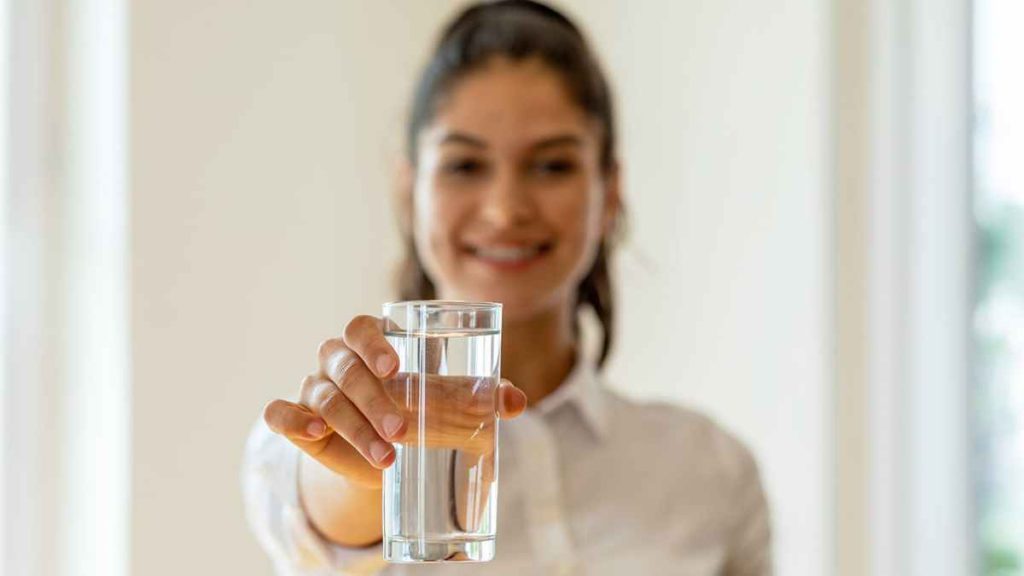Athough water makes up 71% of the Earth’s surface, it’s not all the same. About 1% of that water is drinkable, and even that isn’t all the same quality. There is distilled water, purified water, filtered water, spring water, and tap water. All of them are fit for human eating, yet they have subtle distinctions.
Water that has been boiled to create vapour and then condense back into liquid is called “distilled water.” It is a type of purified water since it has been purified or filtered to remove contaminants. In this post, we’ll talk about what distillation water purpose is.
For What Purpose Is It Distilled?
Medical equipment, lead-acid batteries, car air conditioning systems, and other systems where mineral build-up could be harmful benefit from being sterilized with distilled water.
Because it contains no other minerals or pollutants, it is perfect for use in cosmetics, food preservation, and laboratory equipment cleaning. Water used in cosmetics must be devoid of microorganisms, toxins, and pollutants; therefore, distilled water is the ideal option.
· Lead-Acid Batteries And Car Air Conditioners:
In machinery where mineral deposits could create corrosion and build-up that impedes operations, distilled water is an appropriate alternative. A wide variety of industrial tools and vehicles use lead-acid batteries and cooling systems.
· Health Benefits:
Due to its great purity, distilled water is perfect for sanitizing medical equipment because it does not leave any deposits or residues behind. Surgeons use it to clean wounds to avoid infection and cross-contamination, while emergency workers rely on it to disinfect injuries.
When rinsing the mouth and removing microorganisms, dentists use purified water. Continuous Positive Airway Pressure (CPAP) machines benefit from using distilled water since it discourages the growth of microorganisms.
· In The Food Business:
In order to preserve the original flavour of the food, distilled water is utilized during the canning process. Flavours may be affected by the salts and minerals present in water that has not been distilled.
· Aquariums And Fish Tanks:
The minerals and chemicals found in tap water can be dangerous for aquarium fish. Because of its neutrality, distilled water can have its pH or salinity changed to meet the requirements of whatever aquatic life is being kept.
1. Purified Drinking Water:
Distilled water is the best option because it is pure and free of contaminants. There are no chemicals, bacteria, or viruses present. Regular inspections by independent labs confirm the purity of distilled water at 99.9 percent. By far, it’s the purest water you can get.
Furthermore, steam distillation is a well-tested technique. Bacteria can be eliminated without the use of any additional chemicals like chlorine or ozone. In addition, the distilled water does not include any harmful additives like fluoride, which was proven to be harmful.
2. For Use in the Kitchen:
Given that distilled water is free of impurities, it stands to reason that it can be safely used in the kitchen. When water is boiled, the impurities in the water accumulate and pure steam is released.
If you think about it, distilled water is perfect for cooking just about anything: eggs, pasta, cakes, and veggies. You and your loved ones are safer if you drink only distilled water.
3. Distilled Water for Home Use:
Distilled water has a wide variety of additional applications around the house. Some people have found that the greatest results they’ve had cleaning glass windows and mirrors is with distilled water.
Some people use a moist cloth dipped in distilled water once a month to clean leather. Also, following the manufacturer’s guidelines, gently wipe electrical devices with a cloth dampened with distilled water. The best cleaner for antique furniture and other collectibles is distilled water.




